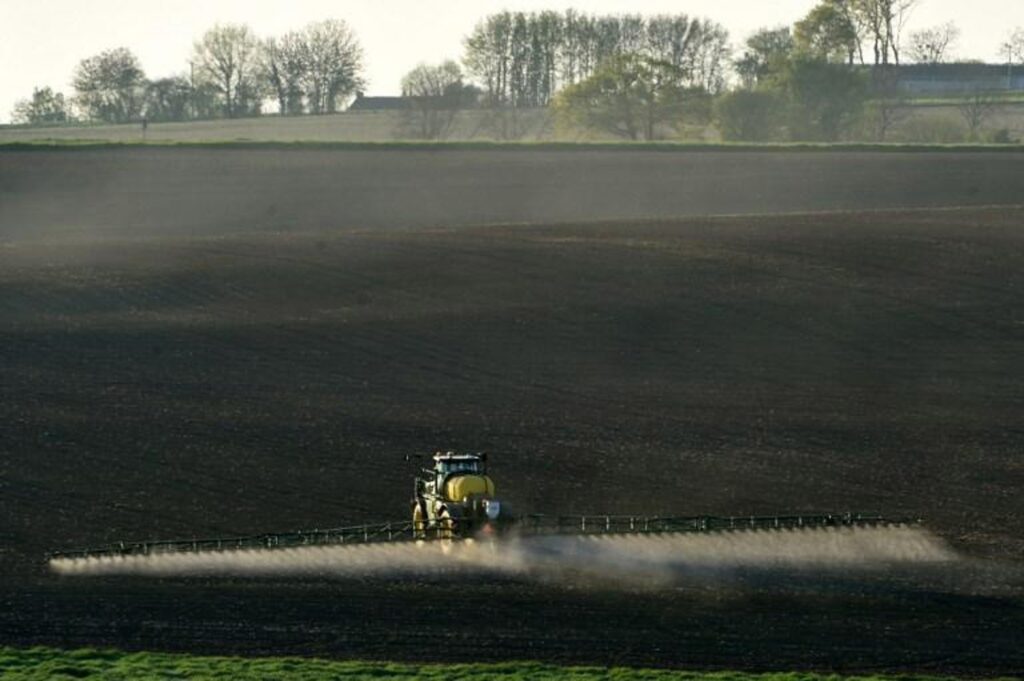Representatives of the Federal Agency for the Safety of the Food Chain (Afsca) and the agricultural and plant-protection product sectors signed a memorandum of understanding on Friday in Brussels on the monitoring of incidents involving such products.
The memorandum includes a series of commitments to reinforce self-monitoring systems and improve the traceability of the batches concerned.
The document was drafted following a number of incidents involving plant-protection products in 2020, such as contamination by unauthorised active ingredients “with non-negligible consequences for the sector and users,” notes Afsca.
“It is important for our farmers to be certain that they are using safe products, and to have confidence in their own crops,” said Lode Ceyssens, Chairman of Boerebond.
The document’s aims include improving product traceability, the possibility of withdrawing non-compliant products from the market, and user monitoring.
“The aim is also to alert users and extend the use of Phytotrans – a tool with safety data sheets for plant protection products – to more operators,”said Michaël Colson, Director of Plant Protection and Plant Product Safety at AFSCA, who stressed the need to act quickly.
The memorandum includes a commitment to the earliest possible detection of non-compliant plant-protection products that present a risk to public health or food safety. Samples that may be risky will be analysed by laboratories as a matter of priority.
The memorandum also includes the creation of a platform with all stakeholders where the results of all controls will be discussed annually. In particular, the signatories want to set up a digital traceability and tracking system.
“This memorandum should enable us to strengthen public confidence. The implementation of digital traceability is an essential contribution to an ever safer food chain,” explained Sylvain Mossoinier, President of Belplant, the association of herbicide producers.
In 2022, 82 phytopharmaceutical products were analysed to verify compliance with the conditions of their authorisation, and 98.1% were compliant.
“Despite the statistics guaranteeing very safe use, we are never safe from fraud or abuse,” noted Emmanuel Wart, chief of staff of Federal Agriculture Minister David Clarinval, “The consequences can be dramatic for both humans and the climate.”
Plant protection products (insecticides, fungicides, etc.) and adjuvants are intended to protect plants against harmful organisms and to destroy undesirable plants, according to Afsca.

